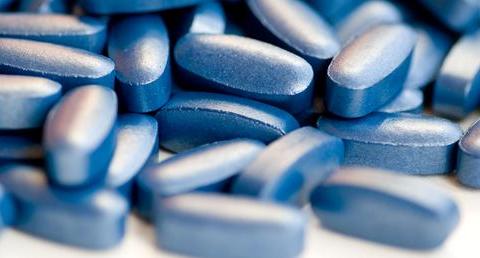Do Anti-Depressants Do More Harm than Good?

What’s the Latest Development?
After performing a meta-analysis of past patient studies into the effects of anti-depressants, researchers at McMaster University have concluded that anti-depressant drugs, which work by regulating the chemical serotonin, do more harm than good when considering the drug’s overall effect on a person’s health. In the brain, serotonin works to influence our mood, but the chemical is present in greater quantities in other parts of the body, where it regulates processes like digestion, blood clotting, reproduction and development. Negative side effects of anti-depressants disrupt these processes and can cause premature death in elderly patients.
What’s the Big Idea?
The findings of the study are significant because millions of Americans receive prescriptions for anti-depressant medication and the conventional wisdom is that these drugs are safe and effective. Paul Andrews, an evolutionary biologist who led the study, said that much of the evidence has long been available but that no public debate on the overall effectiveness of anti-depressants has yet taken place. Following from his research, Andrews says alternative treatments like the talking cure, or lifestyle changes such as modifying diet and exercise regimes, should be considered as serious alternatives.
Photo credit: Shutterstock.com





